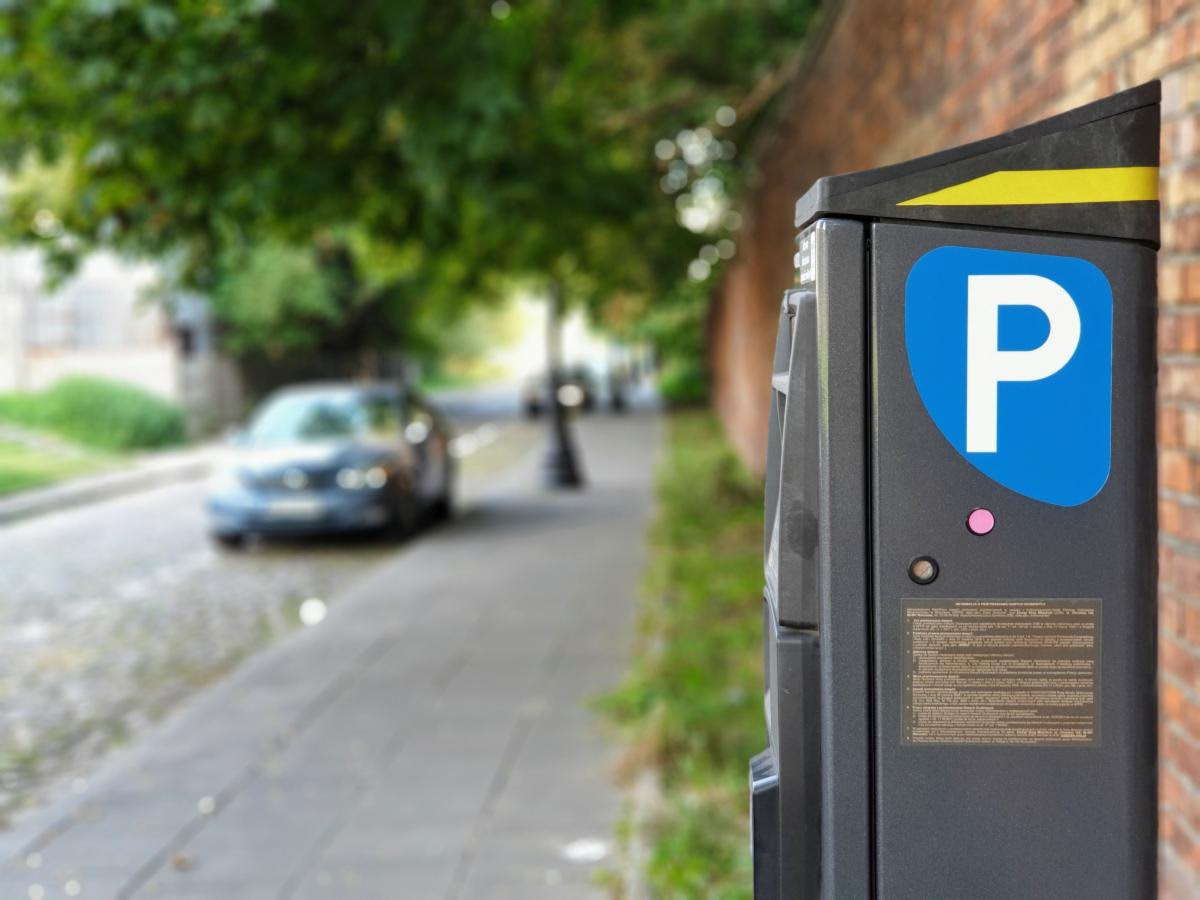Businesses often want to have a trademark that describes what they’re selling, but in order to be protectable, a trademark must be “distinctive.” This means it must be used to identify the source of the product or service.
Courts classify marks into categories of distinctiveness. The most distinctive marks are those that are arbitrary or fanciful. Examples include EXXON for gasoline and APPLE for electronics.
Suggestive marks, those that require some imagination to determine the nature of the goods or services, are also protectable. An example is MUSTANG for fast cars.
A descriptive mark receives trademark protection only if the mark’s owner can prove that the mark has acquired “secondary meaning” in the minds of the relevant public. In other words, consumers must associate the mark with a unique source and think of the term as a brand name rather than as a description.
For example, TV GUIDE is descriptive of a guide to TV programs, but because of its extensive advertising, promotion and public recognition, this mark has achieved secondary meaning and is protectable.
A generic term is the name for a general class of product or service. Take, for example, a shoe manufacturer with a line of sandals branded as SANDALS. When consumers see that term, they’ll think of open shoes with straps from any manufacturer, not just your brand. Generic terms receive no trademark protection.
In 2020, the US Supreme Court held that a generic word combined with “.com” can be protected as a trademark, finding that BOOKING.COM is not generic when used in connection with Booking.com B. V.’s travel-reservation website.
The Supreme Court explained that if BOOKING.COM were generic, consumers might consider Travelocity to be “a booking.com” or ask people to name their favorite “booking.com” provider. No evidence was submitted to show this and, in fact, evidence showed that consumers do associate the term with a specific source.
However, the Court specifically said that it was not creating a rule automatically classifying [generic mark].com terms as non-generic. Whether such a term is generic, said the Court, depends on whether consumers in fact perceive that term as the name of a class or, instead, as a term capable of distinguishing among members of the class.
This past August, the Trademark Trial and Appeal Board (TTAB) ruled that, unlike BOOKING.COM, PARKING.COM is generic, at least as applied to the applicant’s parking availability information website.
The TTAB noted that “parking” used alone is a generic term for the applicant’s services and is, in fact, used by numerous other websites that provide information about available parking spaces. In the TTAB’s opinion, consumers know that a “parking” website provides information about parking availability rather than providing parking itself.
Turning to “.com,” the TTAB observed that the record included neither evidence of any meaning of “.com” other than a top-level domain for an internet address, nor evidence that consumers of parking availability information from a website would perceive “.com” to have any other meaning.
Next, the TTAB rejected the applicant’s argument that adding “.com” to “parking” expands the meaning of the mark to include additional services.
It then went on to find that relevant consumers of a website providing parking availability information will perceive PARKING.COM as a domain name, given that consumers are aware that (a) parking availability information will be found on a website located at a domain name found in the URL and (b) the URL will include a top-level domain such as “.com.”
Although it noted that consumers might perceive a domain name to also serve as a service mark, the TTAB did not believe that to be true with respect to PARKING.COM.
In view of the generic meanings of “parking” and “.com” as applied to websites providing parking availability information; the absence of any different meaning when the generic terms are combined and applied to websites providing parking availability information; the generic use of “parking website” for the same services; the dozens of third-party websites providing parking availability information under domains using “parking.com;” the third party websites providing parking availability information with uses of “parking.com” on the website in addition to the URL; and the fact that the online parking availability information services may be rendered on the parking.com website, we have no hesitation in finding that the relevant consumer of websites providing parking availability information perceives “parking.com” as naming a genus of a website providing parking availability information.
The TTAB went on to rule that even if the mark were distinctive rather than generic, the applicant had failed to prove that the mark had acquired secondary meaning.
Please feel free to contact us if you have any questions about or need help with choosing, protecting, or enforcing your trademarks.
Photo by Stanisław Gregor on Unsplash






